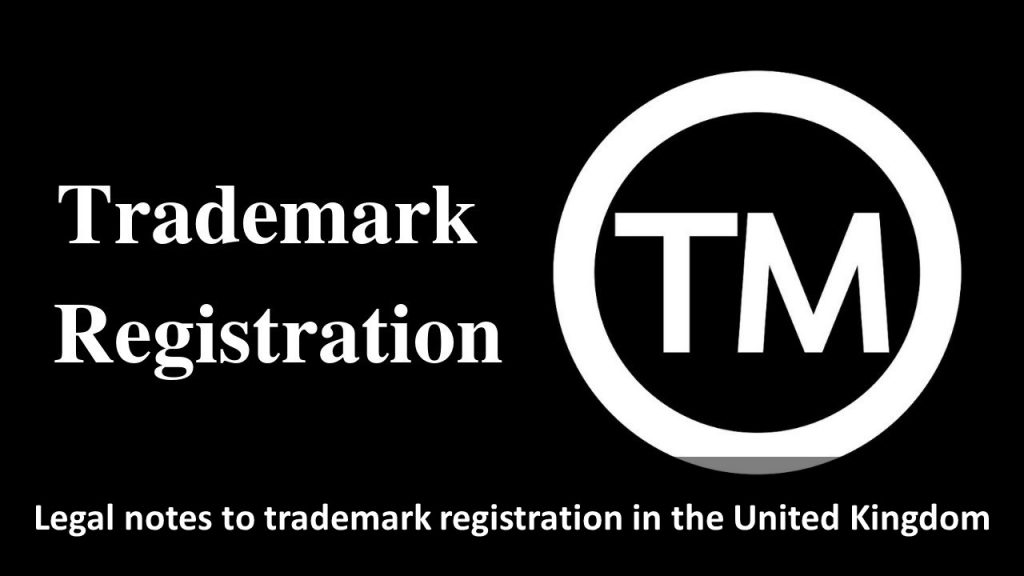Trademark registration in the United Kingdom (UK). The United Kingdom of Great Britain and Northern Ireland, commonly known as the United Kingdom (UK) or Britain, is a sovereign country in north-western Europe, off the north-western coast of the European mainland. The United Kingdom has the world’s fifth-largest economy by nominal gross domestic product (GDP), and the tenth-largest by purchasing power parity (PPP). It has a high-income economy and a very high human development index rating, ranking 13th in the world. The UK became the world’s first industrialized country and was the world’s foremost power during the 19th and early 20th centuries. Today the UK remains one of the world’s great powers, with considerable economic, cultural, military, scientific, technological, and political influence internationally. Accordingly, many businesses want to enter this market and one of the most important preparations a business needs to take before expanding to this country is to learn the procedure of trademark registration in the United Kingdom.
Necessary documents for trademark registration in the United Kingdom
Necessary documents for trademark registration in the United Kingdom include:
- The application for trademark registration in the United Kingdom;
- Detailed information of the applicant (name, nationality, and address, etc.);
- Detailed information of the representative or attorney (name, nationality, and address, etc.);
- Classification of goods and/or services;
- Trademark sample;
- Priority documents (If any);
- The prescribed fee;
- Other necessary documents.
The procedure for trademark registration in the United Kingdom
To obtain trademark protection in the United Kingdom, the applicant needs to file their trademark application to the United Kingdom IP Office.
After receiving the trademark application, the examiners at the IP Office will conduct examinations based on relative grounds and absolute grounds to check if the application complies with the regulations and the mark is registrable.
In the UK, the examiners will also consider other exclusive factors such as if the mark is “contrary to public policy” and if it includes any “specially protected emblems”. The “specially protected emblems” include the Royal Crowns, Royal Arms, representations of the Royal family, coats of arms, national flags, and the Olympic Symbols.
If there are errors in the application, the examiners will include them in the examination report and the examination objection process might be raised.
After that, the examiner will set a period for the applicant to respond and correct any errors in the application.
Publication of the trademark
If there are no errors in the examination stage, the application will be published in the online Trade Mark Journal.
After the publication, the trademark application will be opened for a 2 month opposition period in which any third parties who feel like their rights are violated may file for the opposition of that trademark.
Grounds of oppositions
During the opposition period, any third parties may file for the opposition of the registration of the mark if there are grounds of opposition:
- Lack of distinctive character;
- Descriptiveness;
- Bad faith;
- The mark is identical or confusingly similar with a registered trademark for identical goods or services;
- The mark contravenes the law of Passing Off – the law protects unregistered trademarks;
- The mark contravenes copyright, design right, or registered designs.
Trademark registration and renewal in the United Kingdom
If there are no oppositions to the registration of the mark, the trademark is registered and the applicant will receive the trademark registration certificate issued by the UP IPO.
Once registered, the trademark will have a protection period of 10 years and can be further renewed for periods of 10 years.
However, it should be noted that a UK trademark registration can be subject to an action for revocation for non-use if it hasn’t been used five years after registration.
You can see a list of the United Kingdom IP firms here.

